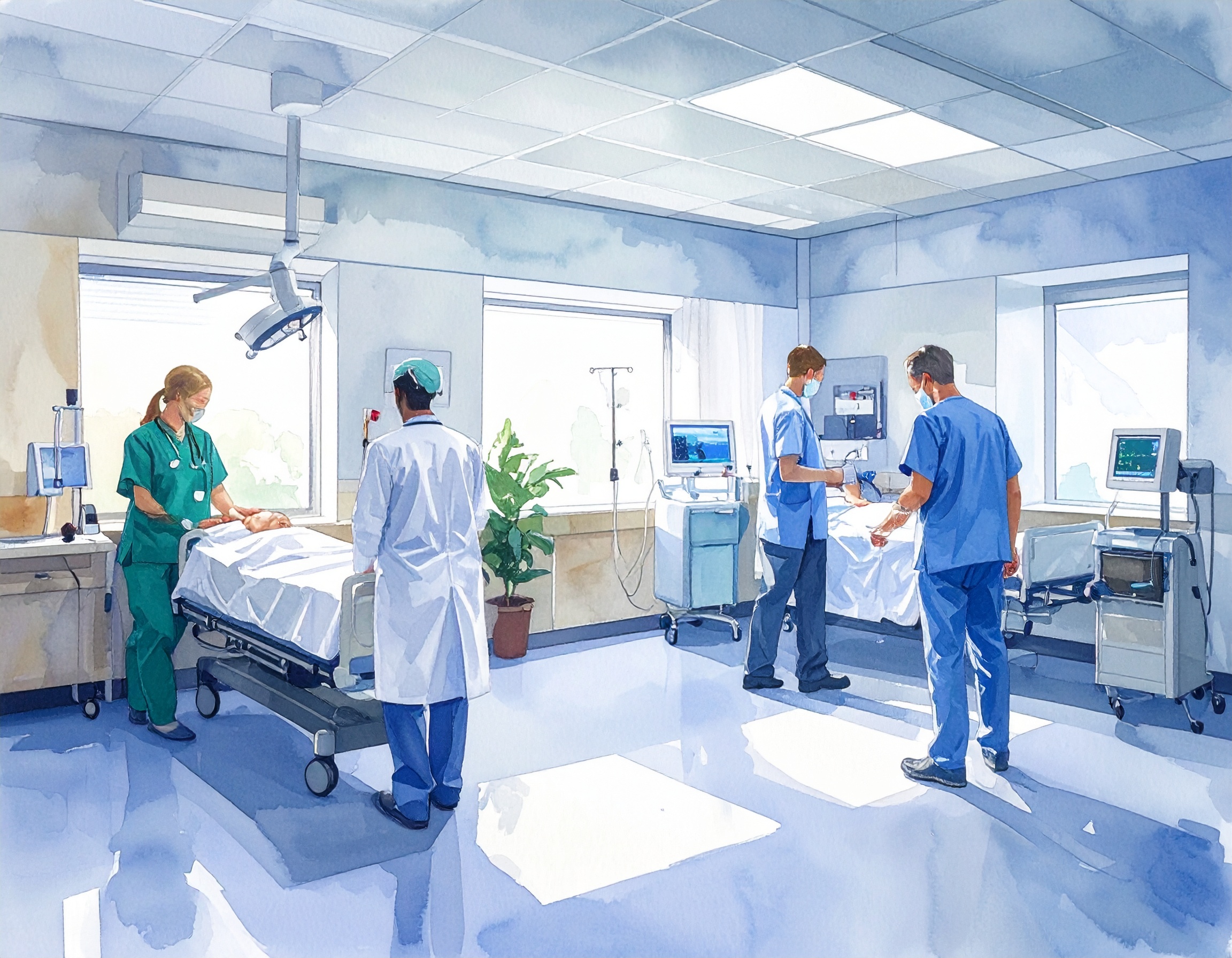NHS Productivity Surges: Patients Treated Faster as Reforms and Investment Take Effect

Patients across England are being seen and treated more quickly thanks to a significant rise in NHS productivity over the past year, new data reveals. Between April 2024 and March 2025, acute NHS trusts achieved a 2.7% increase in productivity, surpassing the government’s 2% year-on-year target set under the 10 Year Health Plan.
The boost in efficiency comes as a result of record government investment and wide-ranging reforms aimed at delivering faster care, cutting waiting times, and improving outcomes for patients. Key improvements include shorter hospital stays, more same-day discharges, advanced use of technology, and reduced reliance on agency staff through improved staff retention. Additionally, expert clinical teams have been deployed to underperforming trusts, driving rapid improvement across the NHS.
Health and Social Care Secretary Wes Streeting said:
“Our NHS staff should spend their time caring for patients, not on bureaucracy. By boosting productivity through expert support, smarter use of technology, and cutting wasteful agency spend, patients are getting faster access to tests and treatment. Record investment of £29 billion, combined with tough reforms, is delivering real change and better care for patients.”
Chancellor Rachel Reeves added:
“Higher NHS productivity is essential for better patient care, value for taxpayers, and economic growth. These figures show our plan is working, but there is more to do to ensure every patient receives timely treatment.”
Productivity gains have been achieved across elective care, outpatient services, and urgent and emergency care. The Further Faster 20 programme, which deployed expert teams to 20 NHS trusts, helped cut waiting lists by 87,000 patients between October 2024 and June 2025. Meanwhile, new surgical hubs allow clinicians to perform procedures back-to-back, treating more patients per shift.
Digital innovation has also played a crucial role. Electronic prescribing and medicines administration (EPMA)systems have halved discharge preparation times, and the NHS App has reduced almost 12 million paper letters since July 2024. Trials of AI scribing technology across nine NHS sites increased clinician time with patients, reduced documentation burden, and improved A&E efficiency by over 13%. Once rolled out nationally, this could free the equivalent of 2,000 full-time GP hours.
NHS Chief Financial Officer Elizabeth O’Mahony said:
“These productivity gains demonstrate the NHS’s focus on delivering more care for every pound spent. Reduced agency costs, shorter stays, and better technology use are helping staff treat patients faster and more effectively.”
The government’s Plan for Change continues to cut waiting lists, deliver extra appointments, and recruit additional staff, while financial reforms are being introduced to ensure trusts operate in surplus by 2030. High-performing trusts will be rewarded with autonomy and investment, while struggling trusts will receive targeted support to accelerate improvement.
This surge in productivity highlights a year of tangible progress for the NHS, proving that investment, innovation, and strategic reform can deliver faster, better care for patients across England.

